Employee Room For Improvement Examples
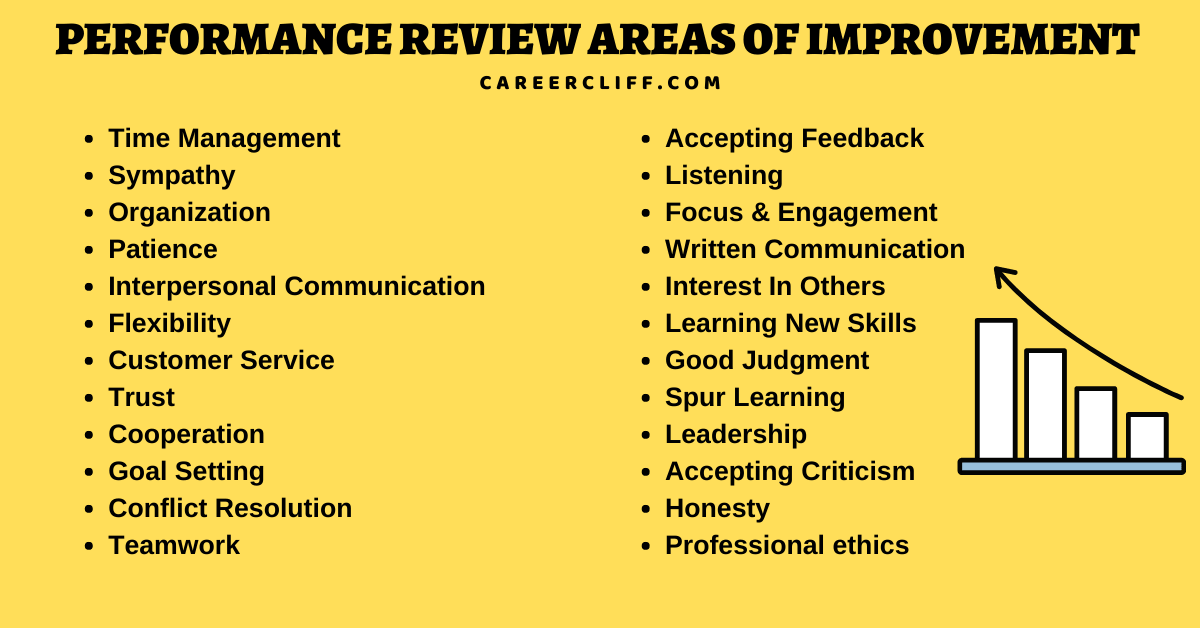
Performance reviews, often dreaded by both employees and managers, are crucial for growth and development. However, delivering constructive criticism can be a delicate balancing act. Generic feedback, lacking specific examples, can leave employees feeling confused and demotivated.
This article delves into providing actionable "room for improvement" examples in employee reviews. We'll examine common areas needing enhancement, the importance of framing feedback positively, and the impact of specific, measurable, achievable, relevant, and time-bound (SMART) goals for employee development. We'll also consider different perspectives on performance management and the evolving role of feedback in the modern workplace.
Communication Skills
One of the most frequently cited areas for improvement is communication. Effective communication is essential for collaboration, project success, and overall workplace harmony. Vague statements like "needs to improve communication" are unhelpful.
Instead, provide specific examples: "During team meetings, Sarah, actively listening to others’ ideas before presenting your own will improve collaboration" or "John, clarifying your emails to avoid ambiguity will reduce follow-up questions." Consider adding: "Practicing active listening techniques can enhance your understanding and response to colleagues' input," or "Employing a structured approach to writing emails, such as outlining the main points and desired actions, can prevent misinterpretations."
Time Management and Prioritization
Time management struggles are a common hurdle for many employees. Employees who struggle to manage their time effectively often miss deadlines and feel overwhelmed.
Instead of saying "needs to improve time management," offer concrete suggestions: "Maria, try using a project management tool to track your tasks and deadlines to improve efficiency". You might also suggest, "David, prioritizing tasks based on urgency and importance can help you focus on the most critical responsibilities first", or "explore time-blocking techniques to allocate specific time slots for different tasks."
Problem-Solving Abilities
The ability to effectively solve problems is a valuable asset in any role. Some employees may struggle with identifying the root cause of issues or developing creative solutions.
Instead of generalizing, pinpoint areas for development: "Michael, before escalating an issue to your manager, try brainstorming potential solutions first" or "Emily, break down complex problems into smaller, manageable steps to better understand the issue and find solutions". Resources like: "Consider participating in a problem-solving workshop to learn new techniques and frameworks."
Adaptability and Flexibility
The modern workplace is constantly evolving, requiring employees to be adaptable and flexible. Rigidity can hinder progress and create resistance to change.
Avoid vague comments; instead, offer concrete suggestions: "Jessica, demonstrating a willingness to learn new software or processes quickly will help the team adapt to evolving business needs." Or, "Robert, being open to alternative approaches to project completion could lead to more innovative and efficient outcomes." For additional support, propose: "Engage in cross-training opportunities to broaden your skill set and increase your adaptability to different roles and tasks."
Teamwork and Collaboration
Collaboration is essential for effective teamwork. Some individuals may struggle with contributing effectively to team projects or working well with others.
Instead of simply stating "needs to be a better team player", provide specific behavioral examples and guidance: "Kevin, actively participating in brainstorming sessions and sharing your ideas will enhance team creativity" or "Laura, offering assistance to colleagues who are struggling with their workload will foster a more supportive team environment." Further encourage them with, "Explore opportunities to collaborate with team members on projects outside of your regular responsibilities to strengthen relationships and improve teamwork."
Important Note: Feedback should always be delivered in a respectful and constructive manner. Focus on the behavior, not the person, and frame suggestions positively.
The Evolving Landscape of Performance Management
Traditional annual performance reviews are becoming less common, with many organizations adopting more frequent, informal feedback systems. This shift allows for more real-time coaching and adjustments, fostering a culture of continuous improvement.
Deloitte, for example, has moved away from annual reviews in favor of ongoing performance conversations. According to a Gallup poll, employees who receive regular feedback are more engaged and productive.
By focusing on specific examples and framing feedback constructively, managers can empower employees to grow and develop, ultimately benefiting both the individual and the organization. The future of performance management lies in creating a supportive and collaborative environment where continuous learning and improvement are valued and encouraged.
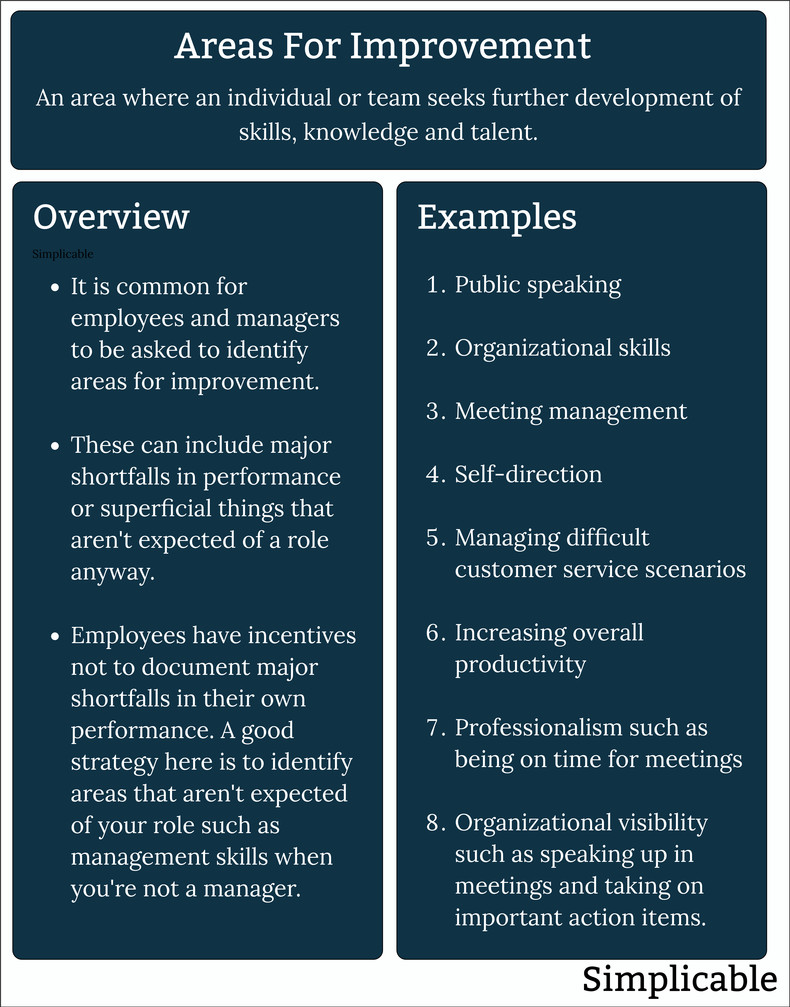
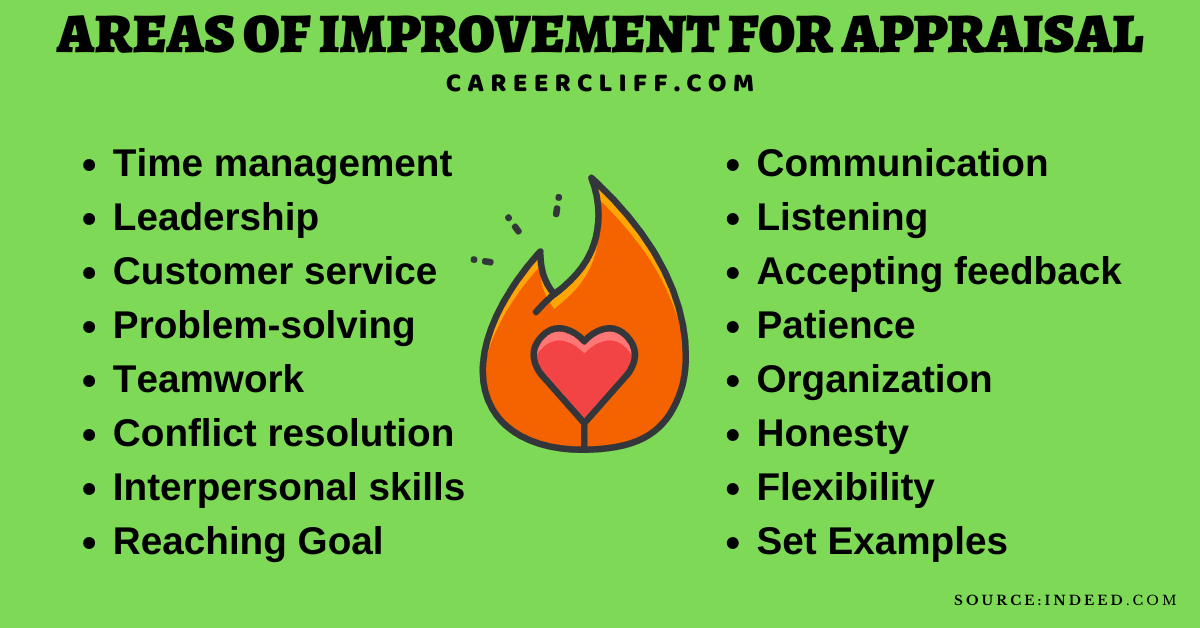
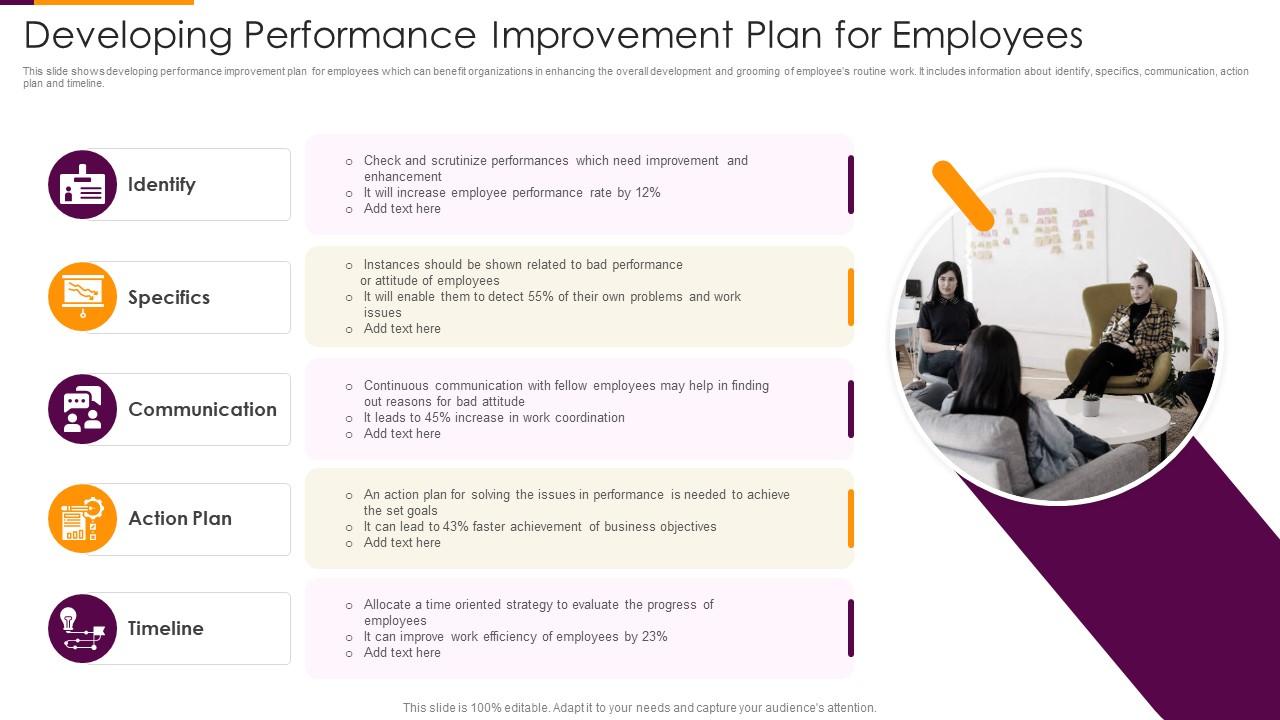
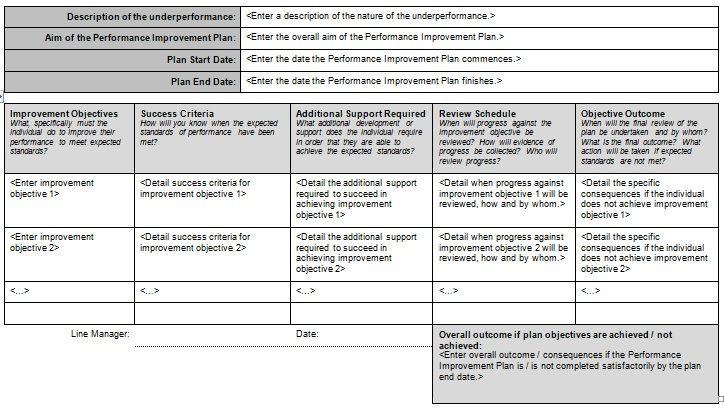
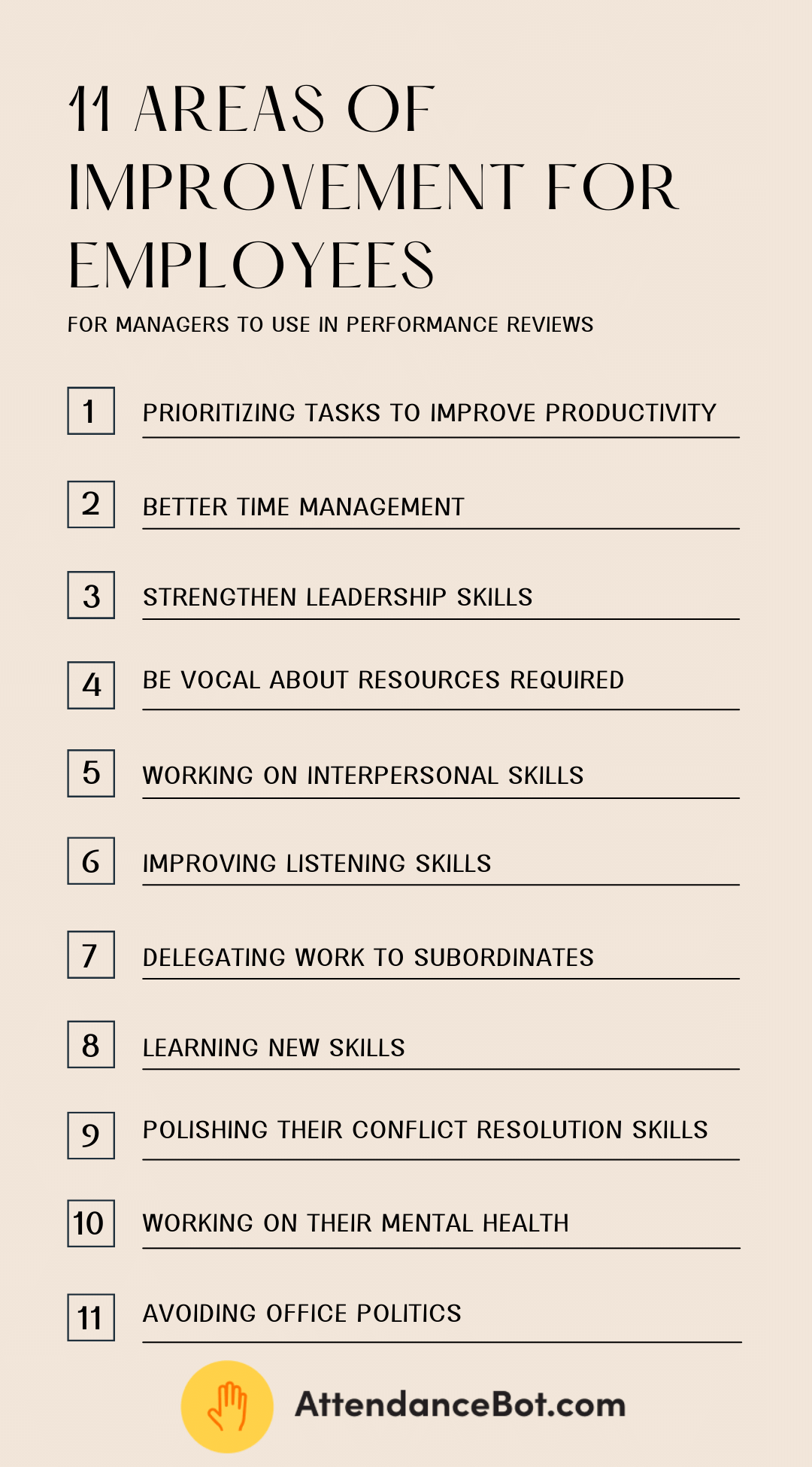

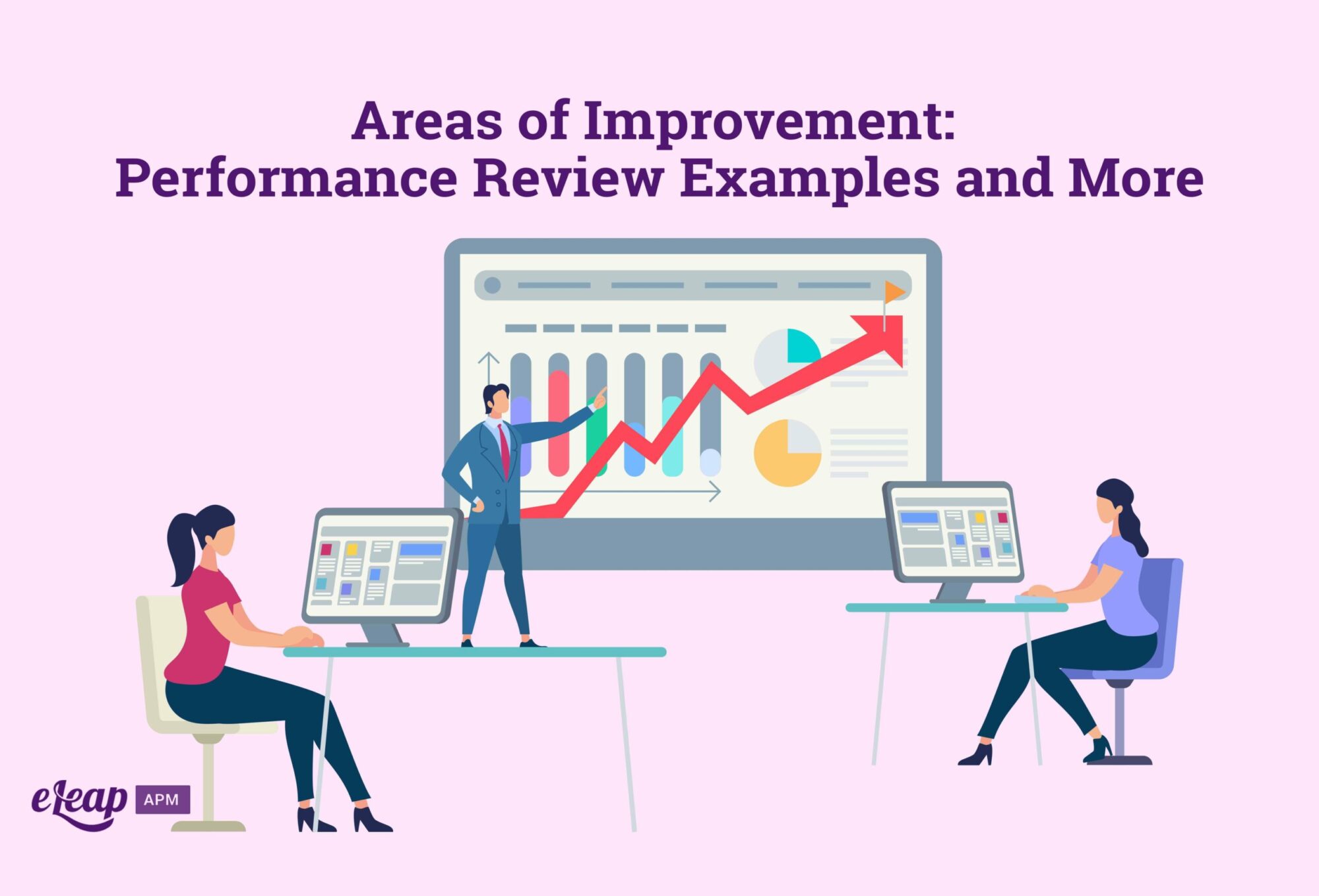
![Employee Room For Improvement Examples Performance Improvement Plan Template & Guide [Free Download] - AIHR](https://www.aihr.com/wp-content/uploads/PIP-template-filled-510x639.png)



![Employee Room For Improvement Examples 19 Areas of Improvement for Employees [Examples]](https://assets-global.website-files.com/62c2992fff36a9824d1cac5c/6527b8407494cfcfb3ef3fcf_what_is_creativity_areas_of_improvement_for_employees.png)
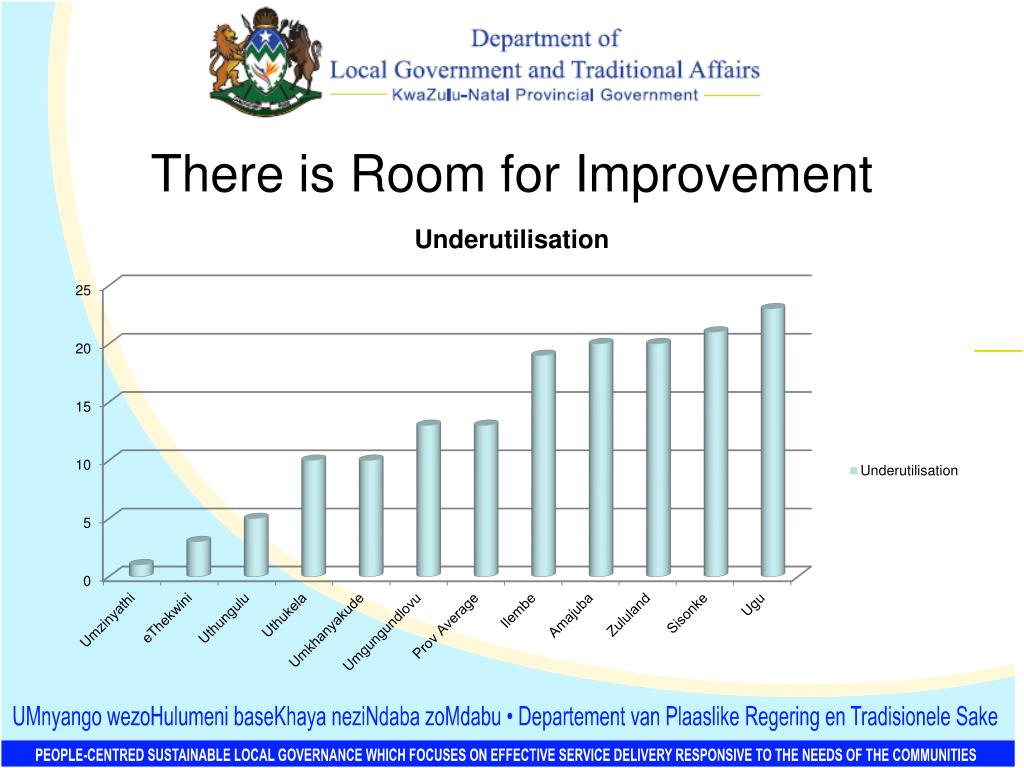

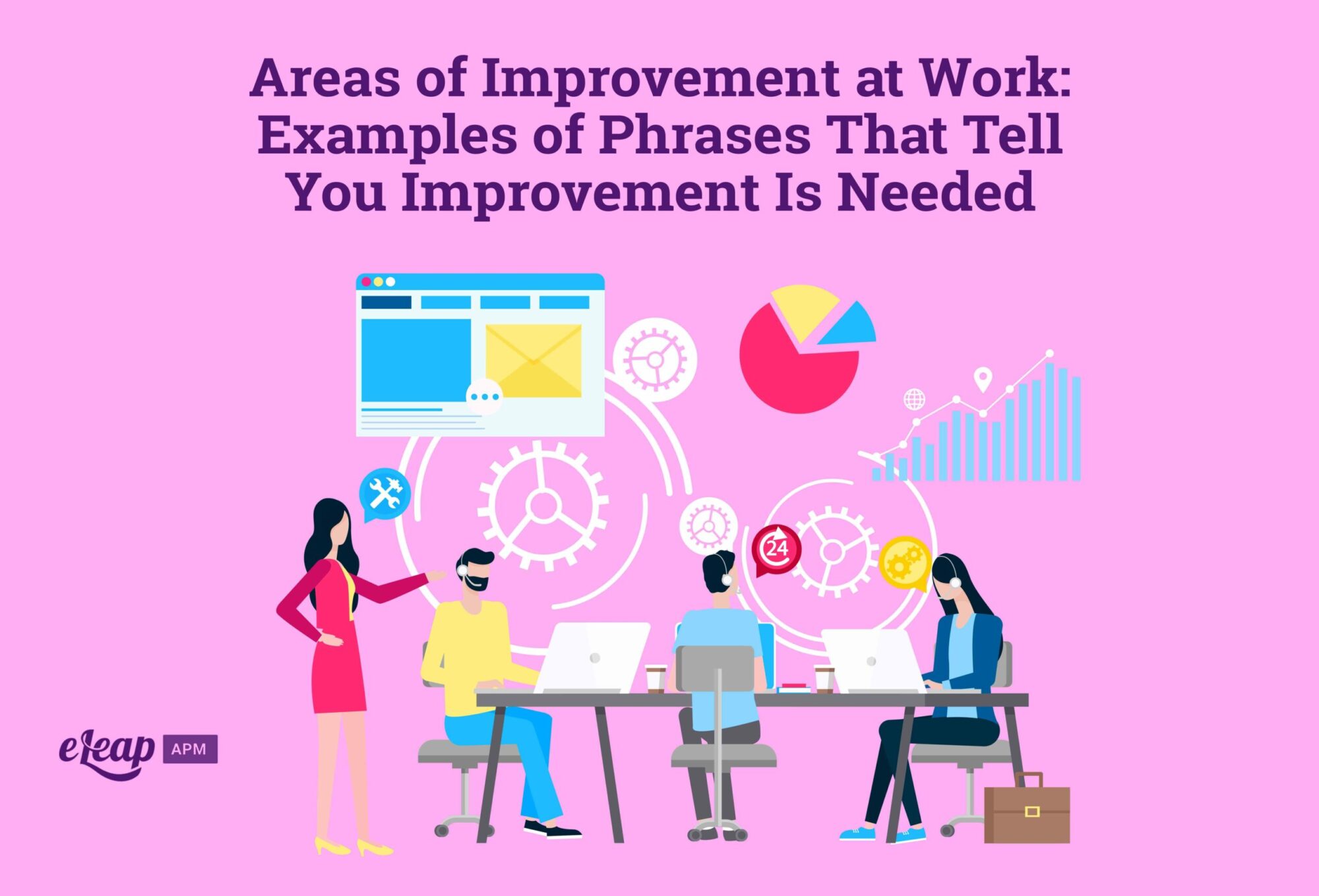
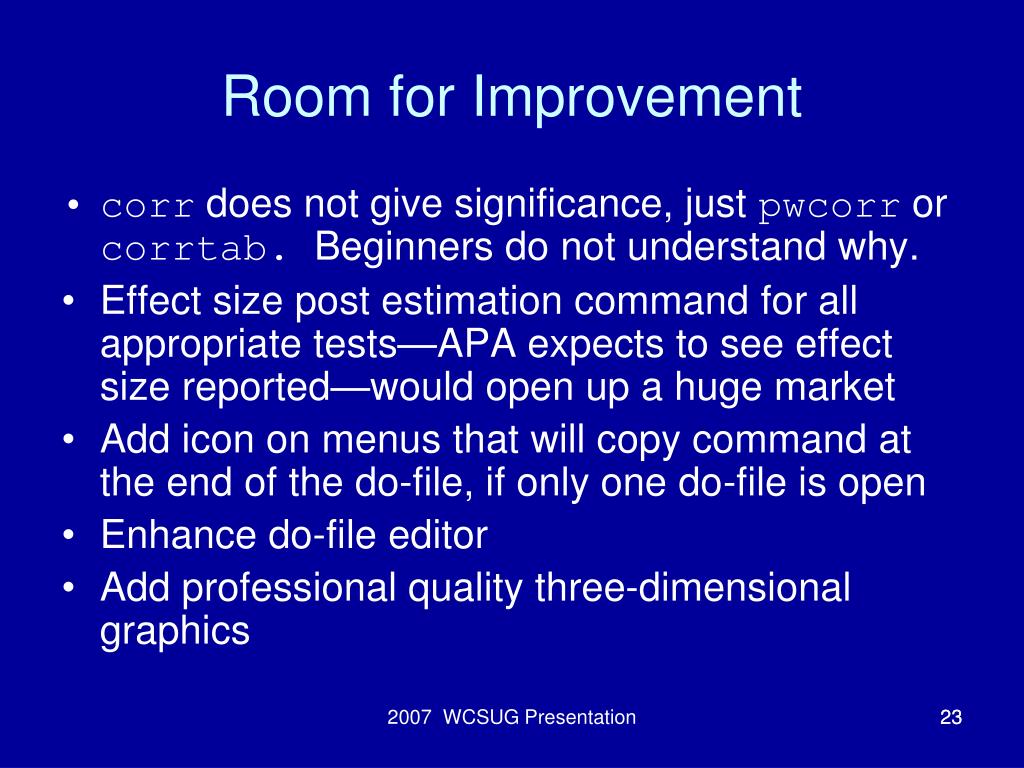
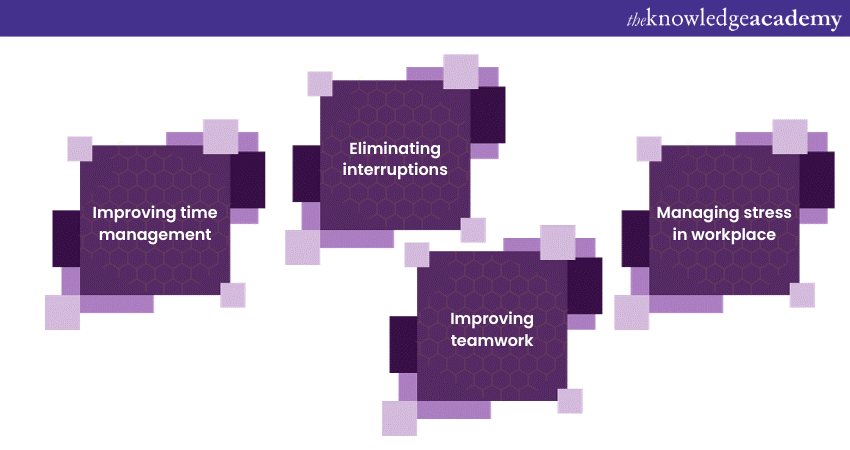
![Employee Room For Improvement Examples 15 Top Areas Of Improvement Examples For Employees [2024]](https://www.officernd.com/wp-content/uploads/2023/12/areas-of-improvement-examples.jpeg)
